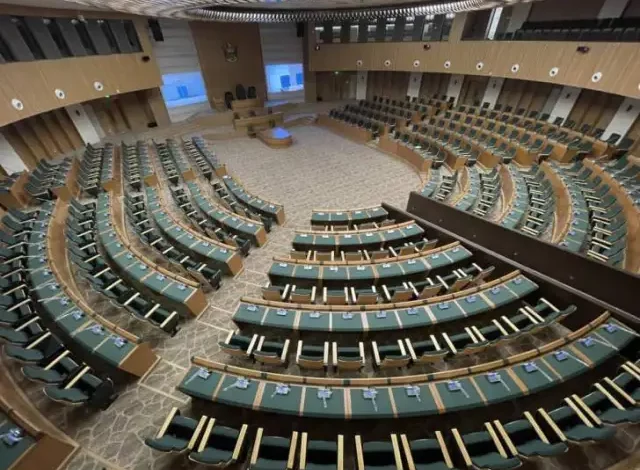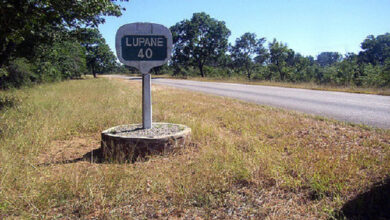Lawmakers push for urgent amendment of Depositors Protection Act

Zimbabwean lawmakers are calling for an urgent amendment to the Depositors Protection Act (DPA) to safeguard investors’ deposits and savings in the event of a bank closure or liquidation.
The DPA, established by the government and the Reserve Bank of Zimbabwe (RBZ), aimed to promote financial inclusion, bank use, and trust in the banking system.
However, legislators have identified gaps in the current act that fail to protect “small savers” and prioritise statutory depositors instead.
This push for amendment comes amidst a lack of public confidence in Zimbabwe’s banking industry.
Over the past two decades, the industry has operated under challenging and unique circumstances, including the economic collapse of the early 2000s and hyperinflation in 2008 that decimated local currency savings.
During a debate on a motion regarding “Legislation Deficiencies in the Deposit Protection Legislative Framework in terms of the Deposit Protection Corporation Act,” lawmakers called for amending the DPA.
“Over the years, we’ve witnessed numerous financial institutions close or be liquidated, with depositors bearing the brunt of the cost,” said Zaka East MP, Clemence Chiduwa. “A well-functioning financial system is crucial for our economy, and Parliament has a vital role to play.”
Chiduwa pointed out that Statutory Instrument 133 of 2019 led to the liquidation of institutions with liabilities exceeding assets.
He added that the lengthy compensation process between the Depositors Protection Corporation and the RBZ allowed institutions with initially negative net worth to improve their financial standing.
“They only need a small asset, like a Toyota Vitz, to compensate all depositors, leaving them with the remaining funds. This doesn’t protect depositors,” he argued.
Dzivaresekwa MP, Edwin Mushoriwa, said the legislation, as it currently stands, cannot assist people and resultantly, instead of depositing money, banks had become repository institutions where money is ‘quickly’ withdrawn.
“We no longer have a situation where if you get money, you take it to the bank and deposit,” he said.
“We need to come up with a mechanism of restoring confidence within the banking sector. We start from making sure that the Depositors Protection Act is amended in a manner that makes sure that the people that have invested or deposited their money are compensated. If you analyse all the shareholders of the banks that were closed, they are now 200 times richer than they were. They have simply taken advantage of our economy and currency.”
Mushoriwa noted it should not be allowed for someone who fails to operate a bank or was involved in the management of a failing bank to become a top executive of a new bank or a shareholder in a State company.
He also said it was a misnomer for banks to rely on bank charges, as bank revenue has increased to over half of total bank income.
Rushinga MP Tendai Nyabani claimed the increase in robbery cases nowadays was because people are keeping hard cash in their homes due to fear of losing it at the banks.
Mbizo MP, Corban Madzivanyika, weighed in that one of the reasons banks failed was corporate governance malpractice.
“Banks deliberately do buy properties which are not viable and fail because they are using the depositors’ funds and those investments practically become unviable,” he said.
“We have also witnessed banking executives extending loans to their friends and companions without proper credit risk exposure analysis and after some few years, we are told the loans have now failed.
Goromonzi West MP, Biatah Karimatsenga-Nyamupinga, said women were mostly affected due to the “sorry state” of the banking sector.
“As women, we are troubled because we cannot bank our money, we are afraid. Our husbands know we are keeping money at home and they want the money. We are beaten because we keep the money to ourselves. They know that we are not taking our money to the bank hence our husbands end up taking it,” she said.






